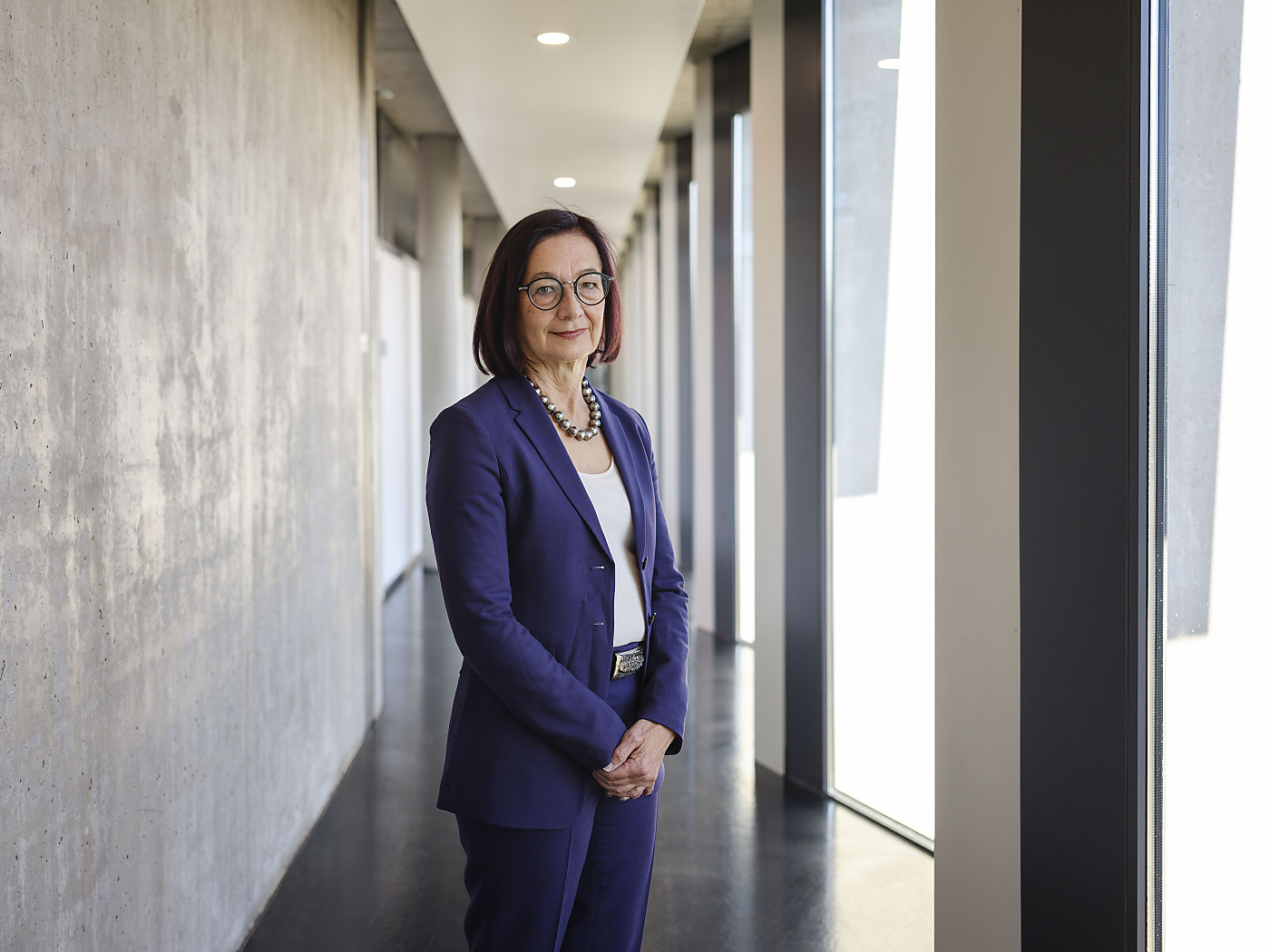
Assisted suicide ‘not a genuinely medical task’, says top Swiss doctor

The President of the Swiss Medical Association has spoken out on the subject of euthanasia. In an interview, Yvonne Gilli said that doctors should play a central role in assisted suicide in order to protect human dignity.
+Get the most important news from Switzerland in your inbox
In view of the liberal Swiss system, she urged caution in an interview with the Neue Zürcher Zeitung to prevent abuse. She takes a critical view of a possible opening for healthy people who are tired of life. “In the past, death had to be imminent if someone wanted assisted suicide; today, suffering is the decisive criterion,” she continued.
+ Is Switzerland a good place for the terminally ill?
When asked whether she feared that Swiss doctors could come under pressure to provide assisted suicide, Gilli replied that she did not rule out a social development in this direction.
However, every doctor must have the right to say no when it comes to medical convictions. “It is clear to me that assisted suicide is not a genuinely medical task, even if I value those doctors who are prepared to do so,” she said.
More
Ongoing proceedings regarding the use of suicide capsules
The discussion about euthanasia has recently been reignited by the use of the Sarco suicide capsule in Merishausen, northern Switzerland. According to the euthanasia organisation The Last Resort, a 64-year-old American woman took her own life in the capsule. She had been suffering from the consequences of an immune deficiency for many years. Sarco worked as planned and brought the woman a drug-free death.
+ Arrests made over unauthorised use of suicide capsule in Switzerland
At exactly the same time as Sarco was first used in the Merishausen forest, Health Minister Elisabeth Baume-Schneider said during question time in parliament that the suicide capsule was not legally compliant.
Several people associated with the organisation The Last Resort were temporarily arrested. The public prosecutor’s office initiated proceedings against them for incitement and aiding and abetting suicide.
Translated from German by DeepL/ts
This news story has been written and carefully fact-checked by an external editorial team. At SWI swissinfo.ch we select the most relevant news for an international audience and use automatic translation tools such as DeepL to translate it into English. Providing you with automatically translated news gives us the time to write more in-depth articles.
If you want to know more about how we work, have a look here, if you want to learn more about how we use technology, click here, and if you have feedback on this news story please write to english@swissinfo.ch.

In compliance with the JTI standards
More: SWI swissinfo.ch certified by the Journalism Trust Initiative
































You can find an overview of ongoing debates with our journalists here . Please join us!
If you want to start a conversation about a topic raised in this article or want to report factual errors, email us at english@swissinfo.ch.